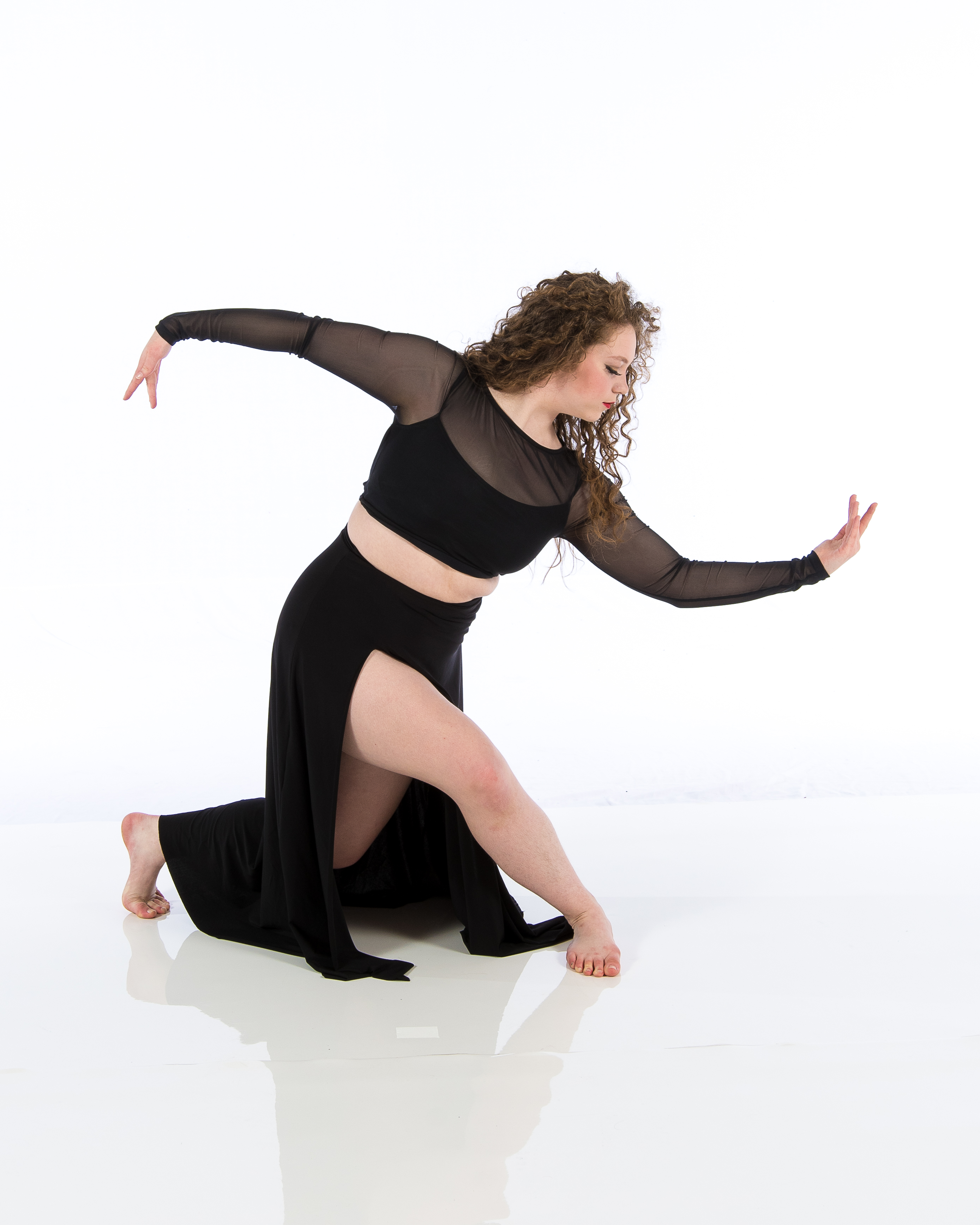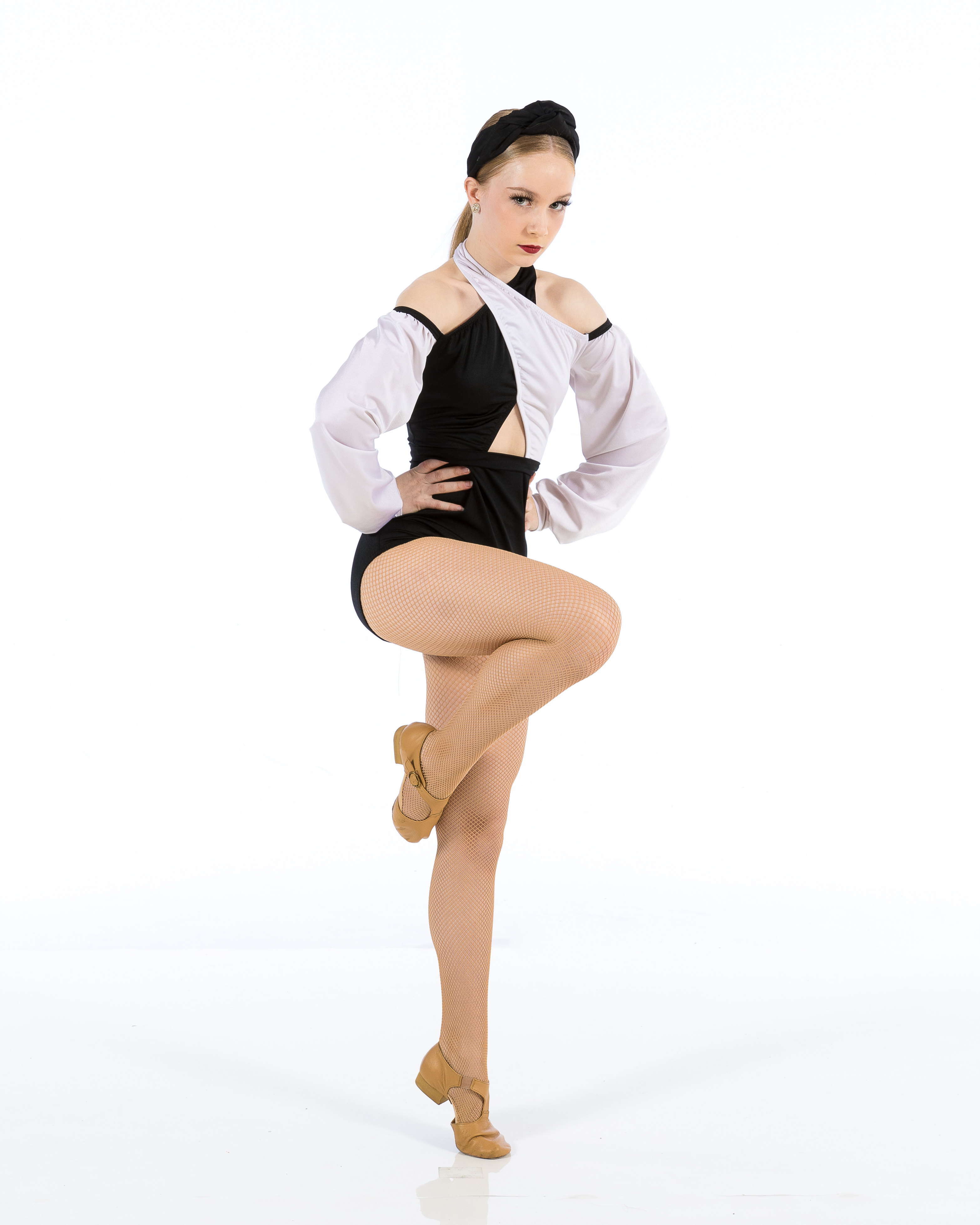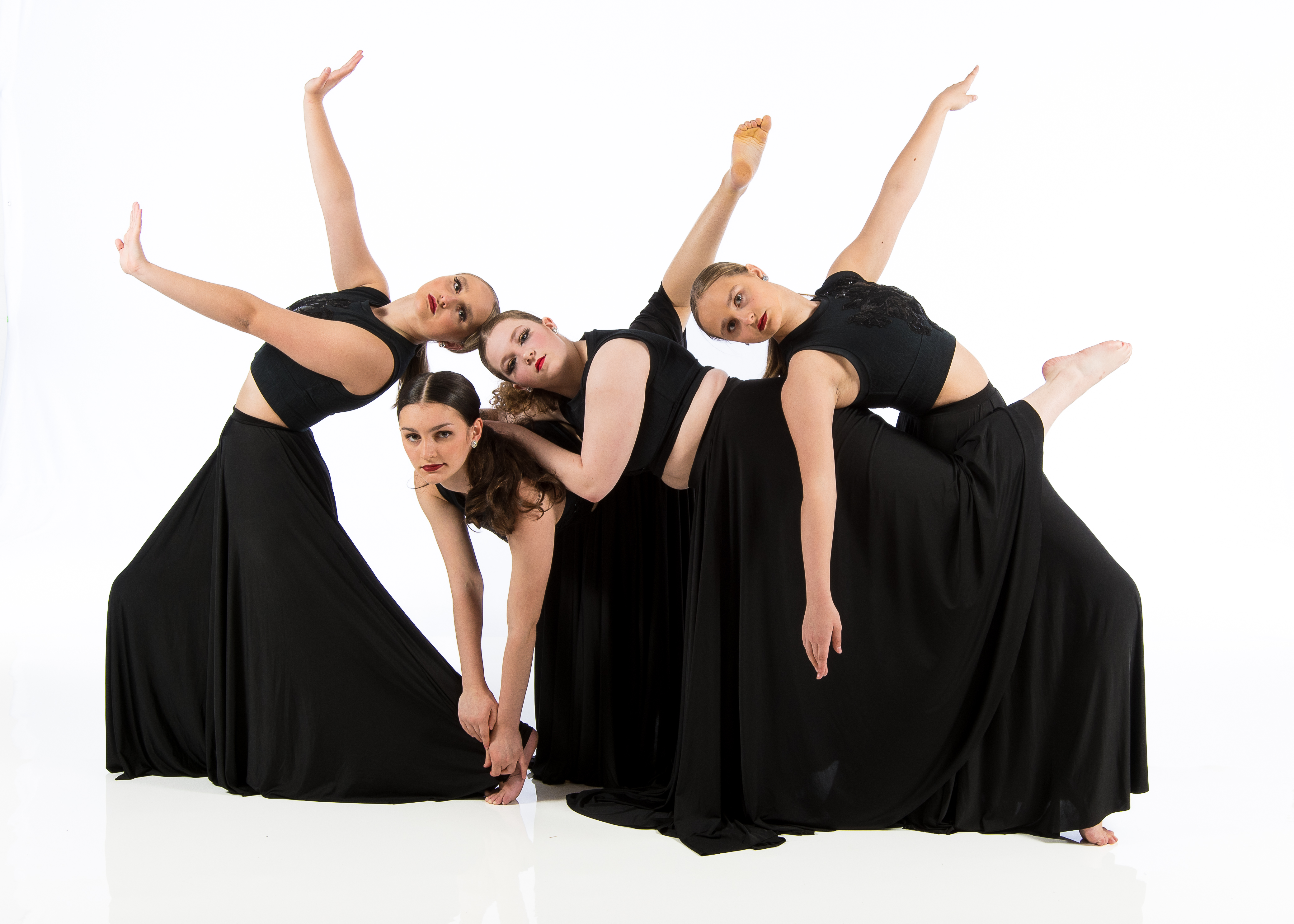Introduction
Stepping right into a dance studio for the first time is an exciting experience, one that can stir an alcoholic drink of feelings-- exhilaration, anxiety, anticipation. Whether you're an experienced professional dancer or simply starting your journey, understanding the subtleties of dance studio rules can raise your experience and enhance your partnerships with instructors and fellow dancers alike. In this extensive overview, we'll dive deep right into Mastering Dance Studio Etiquette: Necessary Tips for Beginners and Pros Alike
From basic regulations to sophisticated factors to consider, this article will certainly cover whatever you require to know about navigating the vibrant world of dancing workshops. So tighten up those shoe laces and let's obtain started!
The Importance of Dance Studio Etiquette
Why Etiquette Issues in Dancing Studios?
In any type of imaginative environment, etiquette plays a critical role in maintaining harmony and respect amongst individuals. Dance workshops are no exemption. Good rules cultivates a positive environment where creative thinking can flourish.
- Respect: Being thoughtful in the direction of trainers and fellow professional dancers constructs shared respect. Focus: Proper behavior decreases disturbances, permitting everybody to focus on learning. Community: Etiquette assists produce an encouraging area that urges growth and camaraderie.
Common Mistaken beliefs About Dance Studio Etiquette
Many beginners hold misunderstandings regarding what constitutes appropriate actions in dance studios. Let's unmask some misconceptions:
- Myth 1: "Only innovative professional dancers require to follow etiquette." Fact: Rules is essential for all levels; it reflects professionalism. Myth 2: "Trainers are as well rigorous concerning rules." Fact: Teachers impose regulations to maintain order and respect.
Basic Dance Studio Decorum for Beginners
Dress Code: What to Wear?
First impressions matter! The appropriate clothing not just mirrors your commitment however also improves your efficiency. Below's exactly how to clothe suitably:
- Comfort: Pick clothes that allow cost-free movement. Footwear: Buy good-quality footwear fit to your dance style.
|Dance Style|Advised Clothes|| -------------|-------------------------|| Ballet|Leotard, leggings, ballet sandals|| Hip-Hop|Loose-fitting garments, sneakers|| Tap|Comfortable clothing, faucet shoes|

Arriving on Time: Preparation is Key!
Being late can interrupt the whole class. Purpose to arrive at least 10 mins early to:
- Warm up. Settle in mentally.
Tip: If you're running late as a result of unexpected conditions, educate the instructor beforehand.

Quiet Area: Preserving Silence Prior To Class
Dance studios thrive on focus. Maintain conversations to a minimum prior to course starts to guarantee everyone can prepare mentally.
Intermediate Dance Studio Decorum: Structure Relationships
Respecting Individual Area in Class
Every dancer deserves their room throughout practice. Stay clear of crowding others while practicing steps or routines.
Why It Issues: Valuing individual area advertises comfort and promotes better learning experiences.
Listening Proactively During Instructions
When a teacher is speaking, it's crucial to listen. Active paying attention demonstrates regard and assists you comprehend vital concepts.
How To Program Active Paying attention:
Maintain eye contact with the instructor. Nod when appropriate. Ask clarifying questions if needed.Advanced Dance Studio Rules: Raising Your Experience
Providing Useful Responses Wisely
As you expand extra experienced, sharing comments becomes part of the culture. Nevertheless, strategy this gently:

Encouraging Others: Building Neighborhood Spirit
Support your fellow professional dancers with support:
- Compliment their efforts genuinely. Celebrate their success openly.
Mastering Dance Studio Decorum: Important Tips for Beginners and Pros Alike-- The Teachers' Perspective
Understanding Teacher Expectations
Instructors typically have specific assumptions concerning behavior in course. Familiarizing yourself with these can significantly improve your learning experience:
Listen attentively when they speak. Follow directions precisely. Give your best shot throughout every session.
Building Rapport with Your Instructor
Establishing an excellent partnership with instructors can be valuable for your growth as a professional dancer:
- Ask questions associated with choreography or technique after class. Thank them for their advice post-class; gratitude goes a lengthy way!
Handling Conflict Beautifully in the Dance Studio Environment
Dealing with Disagreements Amongst Peers
Conflicts may occur within any team setup; understanding exactly how to manage them beautifully is important:
Approach the individual independently without rising tension. Use "I" declarations instead of "you" declarations (e.g., "I really felt forgotten when ...").Addressing Problems with Trainers Professionally
If you have problems relating to direction or class dynamics:
Request an exclusive meeting after class hours. Express your feelings constructively focusing on solutions as opposed to complaints.The Duty of Non-Verbal Communication in Dancing Studios
Understanding Body Language Signals
Dance naturally includes non-verbal interaction; recognizing just how body language features in this context is essential:
Positive body language (e.g., open pose) fosters connection. Negative signals (gone across arms) may communicate defensiveness or disengagement.Using Eye Call Properly During Classes
Maintaining eye call with teachers communicates attentiveness while likewise helping construct connection amongst peers throughout team performances!
FAQs
Q1: What must I use for my very first dance class?
A1: Choose comfy clothing that allows free motion-- yoga trousers or leggings coupled with an equipped top jobs well!
Q2: Is it okay to miss courses occasionally?
A2: Life happens! Educate your trainer in Dance Academy advance ideally; they'll appreciate your consideration.
Q3: Just how do I deal with sensation timid around other dancers?
A3: Begin small-- introduce on your own individually prior to expanding communications gradually as experience grows!
Q4: Can I bring close friends along to observe classes?
A4: Many studios like prior arrangements; consult administration initially so they're aware of extra attendees!
Q5: What if I differ with an instructor's feedback?
A5: Approach them professionally post-class; reveal sensations making use of "I" declarations focusing on useful discussion rather than confrontation!
Q6: Should I join efficiencies also if I'm new?
A6: Absolutely! Taking part boosts self-confidence-- speak out concerning any reluctances so lodgings can be made accordingly!
Conclusion
Mastering dance studio etiquette isn't nearly adhering to guidelines; it's about cultivating an enhancing setting where everyone really feels valued and motivated-- whether you're just starting or refining innovative methods as a skilled pro! By sticking closely to these vital pointers detailed right here under Mastering Dance Studio Rules: Important Tips for Beginners and Pros Alike, not just will you enhance your own experience but also add favorably in the direction of supporting an inviting neighborhood within each dance studio you elegance with your presence! So take these understandings ahead into every studio space you go into-- and let the rhythm lug you towards excellence!